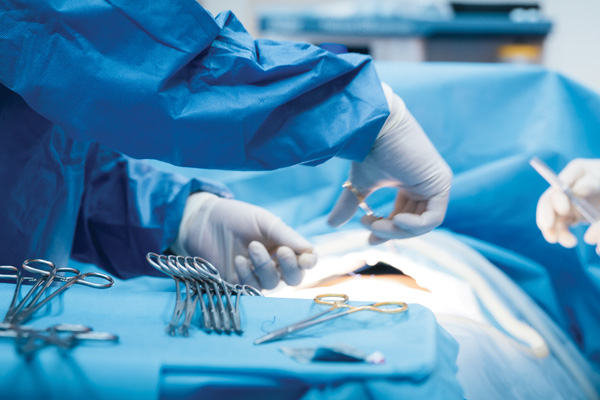
General surgery, despite the name, is actually a surgical specialty. General surgeons not only perform surgeries for a wide range of common ailments, but are also responsible for patient care before, during, and after surgery. All surgeons must start their training in general surgery; many then go on to focus on another specialty.
Some surgeries require surgeons who specialize in certain things, like cardiac (heart) surgeons or neurosurgeons (brain surgeons), but not all. That’s why there are general surgeons.
A general surgeon has specialized knowledge of the entire surgical process, from the initial evaluation through preparation, procedure, and post-operative management. A general surgeon understands all nine basic areas of surgery, which are:
most general surgeons are familiar with minimally invasive techniques like laparoscopy. Laparoscopic surgeries involve much smaller tools, including tiny cameras that let the surgeon see what’s going on inside your body. These specialized instruments mean that the surgeon can make much smaller cuts than they would with traditional procedures.
General surgeons have a broad knowledge of many different diseases and conditions. They will recommend whether you need surgery and what kind of surgery would be appropriate.